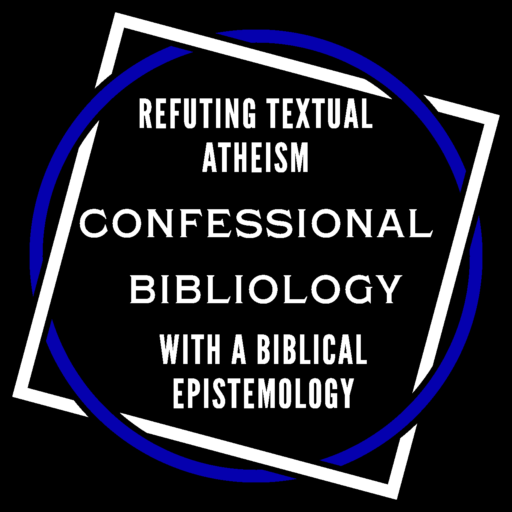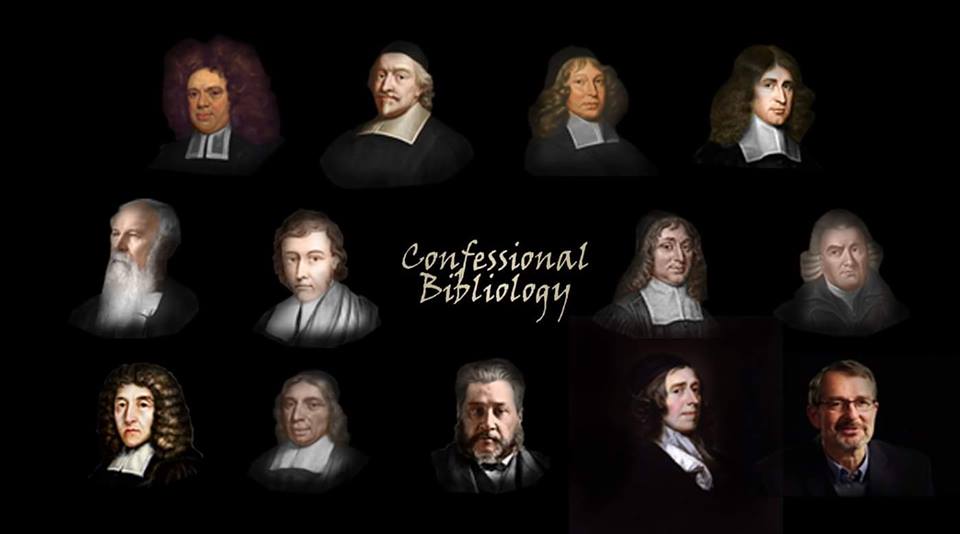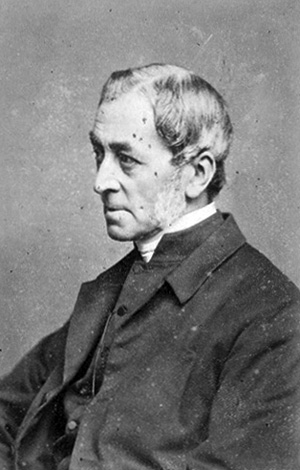| Verse:
| Last half of Matthew 6.13 |
| Textus Receptus/Byzantine Text:
| For thine is the kingdom, and the power, and the glory, for ever. Amen. (Mat 6:13 KJV) |
| Nestle Aland 27:
| [Omit] |
| Manuscript/Patristic Support:
| The omission of this verse by the Alexandrian Text is supported by Codices Sinaiticus, Vaticanus, and Bezae. The inclusion of the phrase in the Byzantine Text is supported by the Diatessaron of Tatian in the 2nd century, the Didache of the Apostles in the 2nd century,[ii] Chrysostom in the 4th century,[iii] and by the universal witness of the Byzantine Text. |
| Doctrinal Difference | “Did Christ tell His disciples to conclude their prayers with the confession that the kingdom, the power, and the glory, are God’s, and God’s alone, or no? Is the Westminster Shorter Catechism, in Question and Answer 107, correct in deeming these words as authentic, and in saying that this very verse is the ‘conclusion’ of the Lord’s Prayer, and that it teaches us that we are to give God all glory for having heard our prayers when we conclude them, and indeed, to conclude our prayers with the solemn ‘Amen’?[iv] What indeed did the Lord teach us, exactly, about how to pray? This is the question. Is this really an indifferent matter whether these words are received as truly coming from our Lord and Saviour, as James White would have us to believe? Do we dare toss these words aside, on the ground and witness of the Egyptian text, a text whose manuscripts differ widely with one another, whose copyists did not have immediate access to the exact copies of the originals which were faithfully kept in the Byzantine churches, and whose manuscripts were the work of a Church that ultimately went apostate in the 5th century A.D.? We think the answer to be self-evident. We cannot but deem that the words of this doxology, delivered to us by the universal witness of the Byzantine Text and attested to by Fathers of the 2nd century, are authentic, are the very words of Christ Himself, and are very important to know in order that we may pray aright. Accordingly, these words of our Lord and Saviour must be included in the Holy Writ.” |
Diatessaron of Tatian, ANF09, Section IX, line 37.
[ii] Didache of the Twelve Apostles, translated by Kirsopp Lake, Chapter 8, section 2 (http://www.earlychristianwritings.com/text/didache-lake.html).
[iii] Chrysostom, Homilies of St John Chrysostom, NPNF110, ‘Homily on Matthew VI, 1’.
[iv] The Westminster Shorter Catechism, Question and Answer 107, citing the very words mentioned in Matthew 6.13, says as follows:
- What doth the conclusion of the Lord’s prayer teach us?
Answer: The conclusion of the Lord’s prayer [which is, For thine is the kingdom, and the power, and the glory, for ever, Amen] teacheth us to take our encouragement in prayer from God only, and in our prayers to praise him, ascribing kingdom, power, and glory to him. And, in testimony of our desire, and assurance to be heard, we say, Amen. [Emphases added by this author.]
Doctrinal Changes to the Westminster Standards:
ESV: “And lead us not into temptation, but deliver us from evil.”
WLC
Q. 186. What rule hath God given for our direction in the duty of prayer?
A. The whole Word of God is of use to direct us in the duty of prayer; but the special rule of direction is that form of prayer which our Savior Christ taught his disciples, commonly called The Lord’s Prayer.
Q. 195. What do we pray for in the sixth petition?
A. In the sixth petition, (which is, And lead us not into temptation, but deliver us from evil,) acknowledging, that the most wise, righteous, and gracious God, for divers holy and just ends, may so order things, that we may be assaulted, foiled, and for a time led captive by temptations; that Satan, the world, and the flesh, are ready powerfully to draw us aside, and ensnare us; and that we, even after the pardon of our sins, by reason of our corruption, weakness, and want of watchfulness, are not only subject to be tempted, and forward to expose ourselves unto temptations, but also of ourselves unable and unwilling to resist them, to recover out of them, and to improve them; and worthy to be left under the power of them: we pray, that God would so overrule the world and all in it, subdue the flesh, and restrain Satan, order all things, bestow and bless all means of grace, and quicken us to watchfulness in the use of them, that we and all his people may by his providence be kept from being tempted to sin; or, if tempted, that by his Spirit we may be powerfully supported and enabled to stand in the hour of temptation; or when fallen, raised again and recovered out of it, and have a sanctified use and improvement thereof: that our sanctification and salvation may be perfected, Satan trodden under our feet, and we fully freed from sin, temptation, and all evil, forever.
Q. 196. What doth the conclusion of the Lord’s Prayer teach us?
A. The conclusion of the Lord’s Prayer, (which is, For thine is the kingdom, and the power, and the glory, for ever. Amen.) teacheth us to enforce our petitions with arguments, which are to be taken, not from any worthiness in ourselves, or in any other creature, but from God; and with our prayers to join praises, ascribing to God alone eternal sovereignty, omnipotency, and glorious excellency; in regard whereof, as he is able and willing to help us, so we by faith are emboldened to plead with him that he would, and quietly to rely upon him, that he will fulfill our requests. And, to testify this our desire and assurance, we say, Amen.
WSC
Q. 99. What rule hath God given for our direction in prayer?
A. The whole Word of God is of use to direct us in prayer; but the special rule of direction is that form of prayer which Christ taught his disciples, commonly called the Lord’s Prayer.
Q. 106. What do we pray for in the sixth petition?
A. In the sixth petition, which is, And lead us not into temptation, but deliver us from evil, we pray that God would either keep us from being tempted to sin, or support and deliver us when we are tempted.
Q. 107. What doth the conclusion of the Lord’s Prayer teach us?
A. The conclusion of the Lord’s Prayer, which is, For thine is the kingdom, and the power, and the glory, forever. Amen, teacheth us to take our encouragement in prayer from God only, and in our prayers to praise him, ascribing kingdom, power, and glory to him; and, in testimony of our desire, and assurance to be heard, we say, Amen.




Wouldn’t have been so sure JW was right about you folks had I not read it myself. As Christians, people of Truth, if our arguments must use untruthful arguments, it is a clear sign we have a weak argument, and are not being faithful to the Word of Truth.
What specifically is untruthful in what is written? Vague accusations are par for the course for a Whitehead, I know. But if you are going to claim to be a Christian, you must be specific in your charge or you have broken the 9th commandment. So be specific.